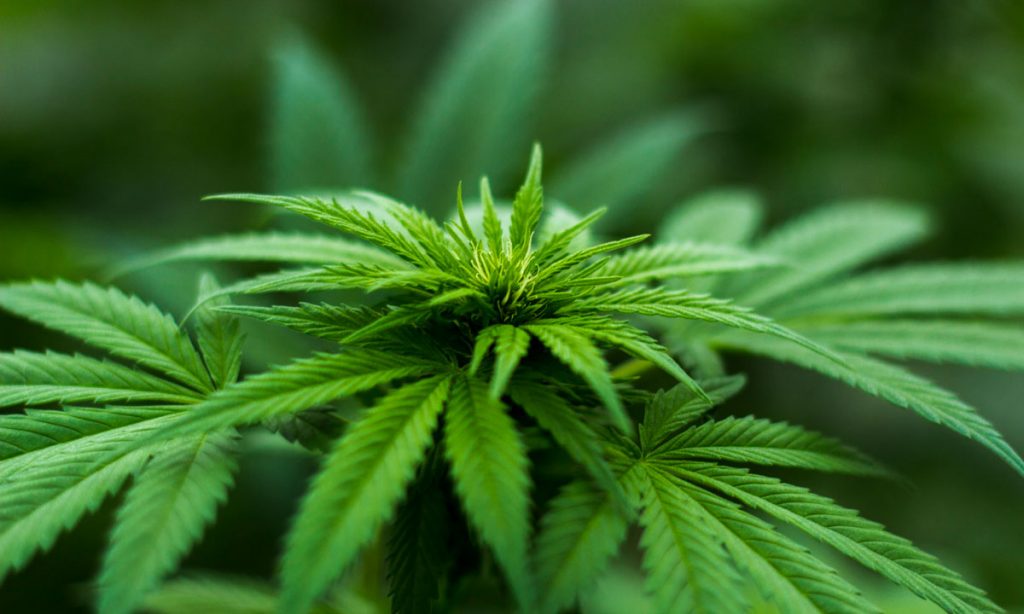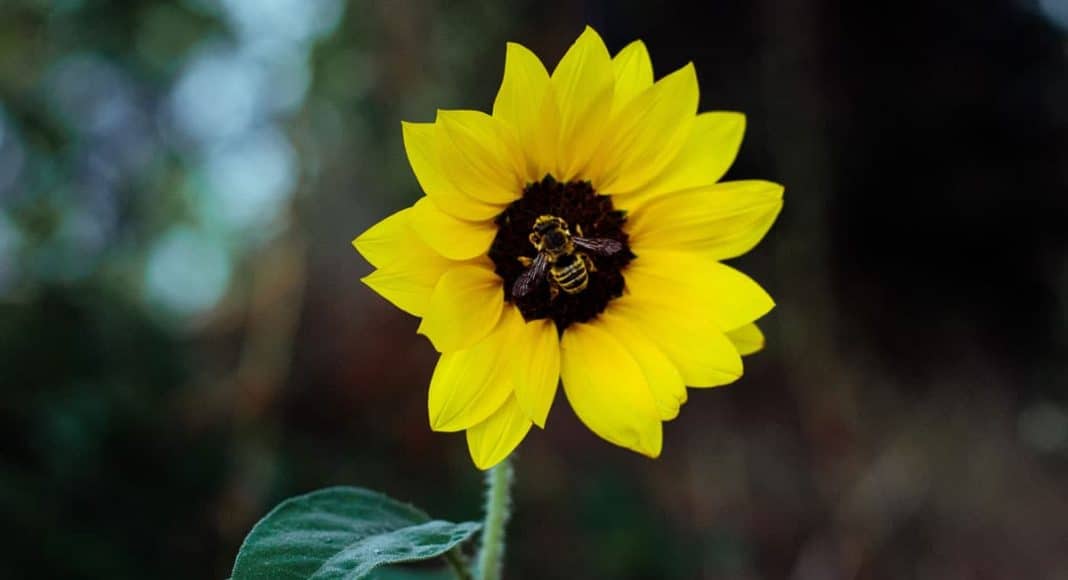Although bees are not essential in the pollination of the cannabis plant, the budding marijuana industry, especially its expanding customer base, is now in a position to help salvage dwindling bee populations.
While there are a few studies over bees’ relationship with cannabis, there is no definitive connection between the two. Bees, which are responsible for pollinating around 85 percent of the Earth’s flowing plants, have little interest in the cannabis plant. This is simply because the odor and appearance of marijuana does not attract them.
Unfortunately, bee populations in the United States are now the lowest they have been in around five decades. This is largely due to colony collapse disorder (CCD), which has been blamed on everything from global warming to loss of habitat, as a result of expanding cities.
RELATED: Little-Known Health Effects Of Medical Marijuana
However, there is solid evidence that CCD is happening due to the use of dangerous insecticides – an issue that the cannabis industry has been struggling to get a grip on for the past few years.
Researchers at Harvard University found that neonicotinoids, which are among the most commonly used insecticides, are directly linked to colony collapse disorder.

A 2014 study found that in hives exposed to these chemicals, bees either stopped reproducing, deserted the hive, or died.
Therefore, you can do your part to save bee populations by simply paying attention to where you buy marijuana.
RELATED: Why Won’t My Doctor Prescribe Medical Marijuana For Me?
“As most cannabis is lab-tested, consumers can research and make bee-friendly purchases from farms that grow pesticide-free cannabis,” writes Dope reporter Blaze Robinson. “Knowing where your weed comes from allows consumers to support companies with sustainable organic growing practices. This is particularly important for those who enjoy smoking concentrates: if pesticides are present, pesticide levels are also concentrated.
“Another way to support bees is to create a habitat,” Robinson adds. “Plant flowers that bloom at different seasons throughout the year. Create a native garden to support different species of native bees that struggle to find food amongst imported plants and turf grass. Make water (and landing areas) available to thirsty bees. Install a bee box for solitary bees. Or become a beekeeper and care for a hive of honeybees.”


